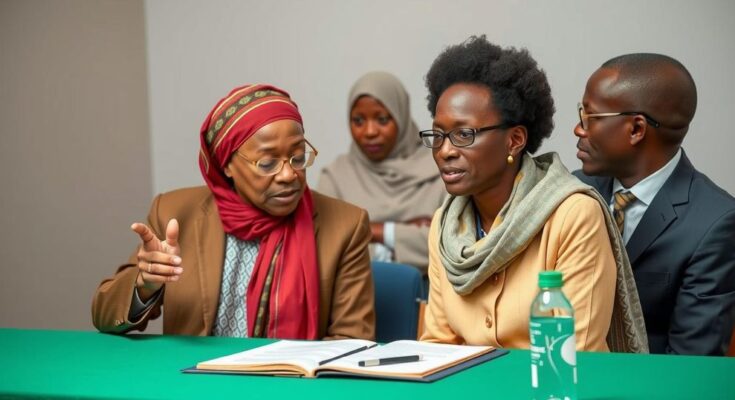International partners have praised the Ankara Agreement between Ethiopia and Somalia, which focuses on sovereignty and maritime access. Key supporters include the African Union, the U.S., U.K., and the EU. The declaration is intended to foster cooperation in the Horn of Africa while recognizing the territorial integrity of both nations.
Several international bodies have expressed robust support for the Ankara Agreement, which was recently signed by Ethiopian Prime Minister Abiy Ahmed and President Hassan Sheikh Mohamud of Somalia on December 11, 2024. This pivotal agreement, viewed as a dedication to each nation’s sovereignty and territorial integrity, aims to facilitate Ethiopia’s maritime access, promoting shared interests and regional stability in the Horn of Africa. The commitment to resolving differences for mutual benefits has been positively received across various platforms.
The creation of the Ankara Agreement came at a crucial time in Somalia-Ethiopia relations, particularly following previous tensions surrounding Ethiopia’s proposed development of a port in Somaliland, which Somalia perceived as an infringement on its sovereignty. The agreement, signed under the auspices of Turkish President Recep Tayyip Erdoğan, emphasizes a collaborative approach to regional stability and economic cooperation. Various international organizations, including the African Union, United Nations, and the European Union, have highlighted the importance of dialogue and mutual respect in the agreement’s success.
In conclusion, the Ankara Declaration represents a significant diplomatic milestone between Ethiopia and Somalia, reflecting a shared commitment to promote stability, respect sovereignty, and seek mutual economic benefits. The widespread international endorsement underscores the expectation for a swift and cooperative implementation of the agreement, fostering a more stable and prosperous region. The anticipated technical negotiations concerning Ethiopia’s sea access stand to reshape the dynamics of trade and cooperation in the Horn of Africa.
Original Source: addisstandard.com




